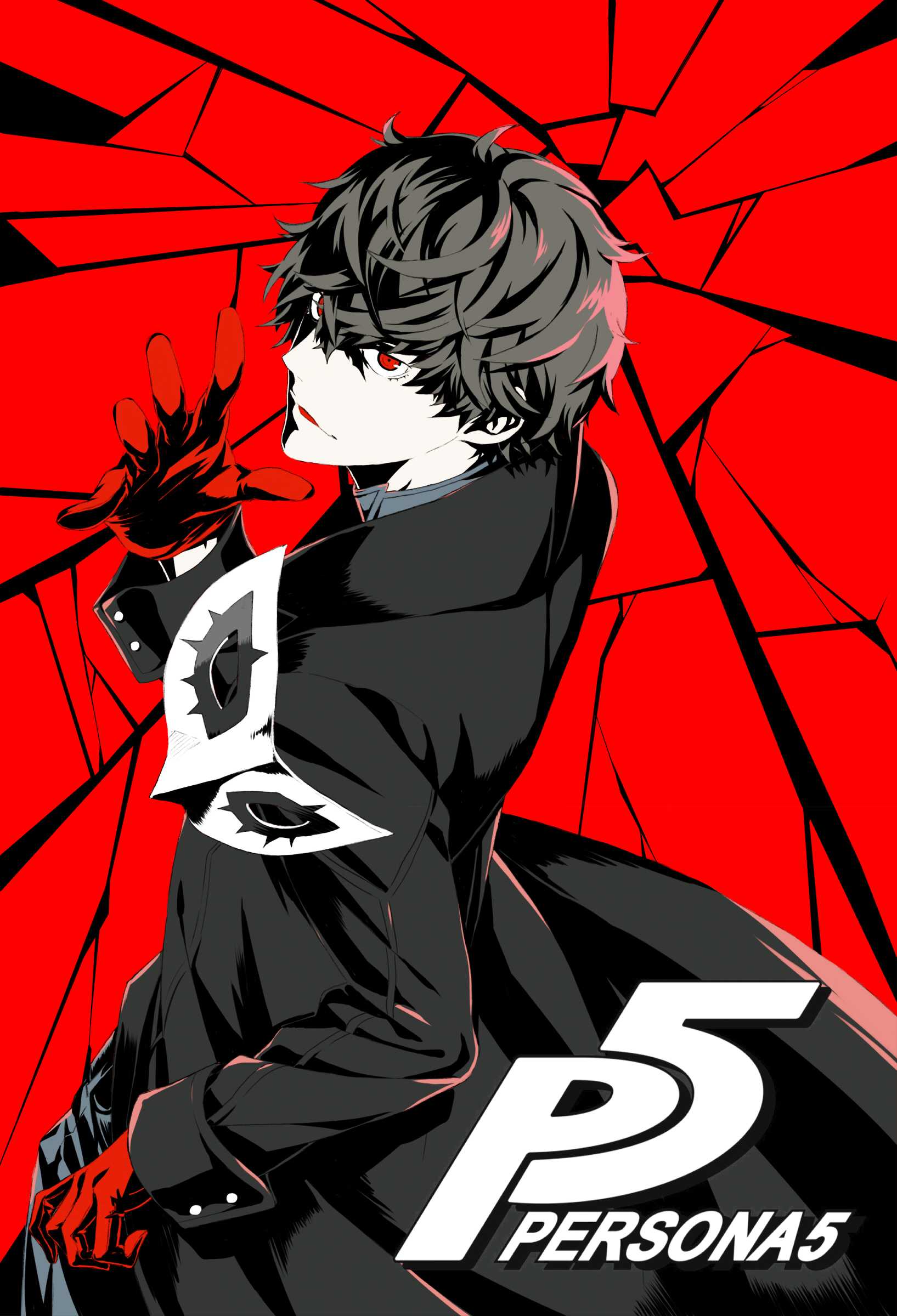Most of the time, when someone says they played a game for over 100 hours, they are talking about a multiplayer game or a sandbox. My first playthrough of the Japanese role-playing game (JRPG) “Persona 5” clocked in at 94 hours. Despite its linear narrative and lack of multiplayer, it kept me invested.

The game opens with an unnamed young man hopping around the chandeliers and scaffolds in a casino donning a debonair costume before getting caught by police and being brutalized into signing a confession. The story centers around one year of this man’s life that starts with him being wrongfully convicted of assault. He moves to Tokyo where he tries to adjust to life while on probation and gains supernatural powers that let him fight monsters and fix the warped desires of dangerous people.
“Persona 5” is the sixth title of the Persona series, a spin-off of developer and publisher Atlus’ flagship Shin Megami Tensei franchise, which is known for using gods, demons and monsters from many religions and mythologies. This entry was released in the U.S. on April 4, 2017 for the PlayStation 3 and PlayStation 4.
Gameplay primarily focuses on exploring palaces found inside the hearts of antagonists and fighting the insidious shadows, which are supernaturals symbolizing humanity’s ills. Then the heroes take their treasure, a manifestation of their twisted desires, which makes the villains’ real selves confess their crimes.
Fighting enemies in “Persona 5” feels slick, and the whole game is set up to be as stylish as possible. Despite the turn-based structure, the game keeps the pace up by making attack animations short and punchy. Enemies are highly varied both in appearance and in ability. The player will face elephant men, archangels, kingly manta rays, mono-eyed starfish and more, all grounded in mythological origins.
The Atlus composer Shoji Meguro helps bring the game to life with a jazzy, smooth soundtrack. The song that plays during the heists is particularly inspiring and drives the player to confront the challenges ahead.
All of this would feel wasted if the story wasn’t satisfying; however, the great writing is the main draw of this series for me. Besides fighting through palaces, the hero attends high school, which makes up the other half of the game. Combining a life simulation into a Japanese RPG gameplay like this is unique and comes together cohesively.
The player decides what friends to spend time with and what activities to do, all of which makes the protagonist stronger because his powers stem from his personality and personal bonds. Every character you meet has their own rewarding story for you to take part in as side quests that grant you powers.
Finishing the game is like completing a novel. It fills the audience with a satisfaction of experiencing something grand and sticks with them for a long time to come.
I rate this game a perfect 10/10 for engaging combat, immersive life simulation, excellent writing, catchy, powerful music and a presentation that brings the whole package together.

























